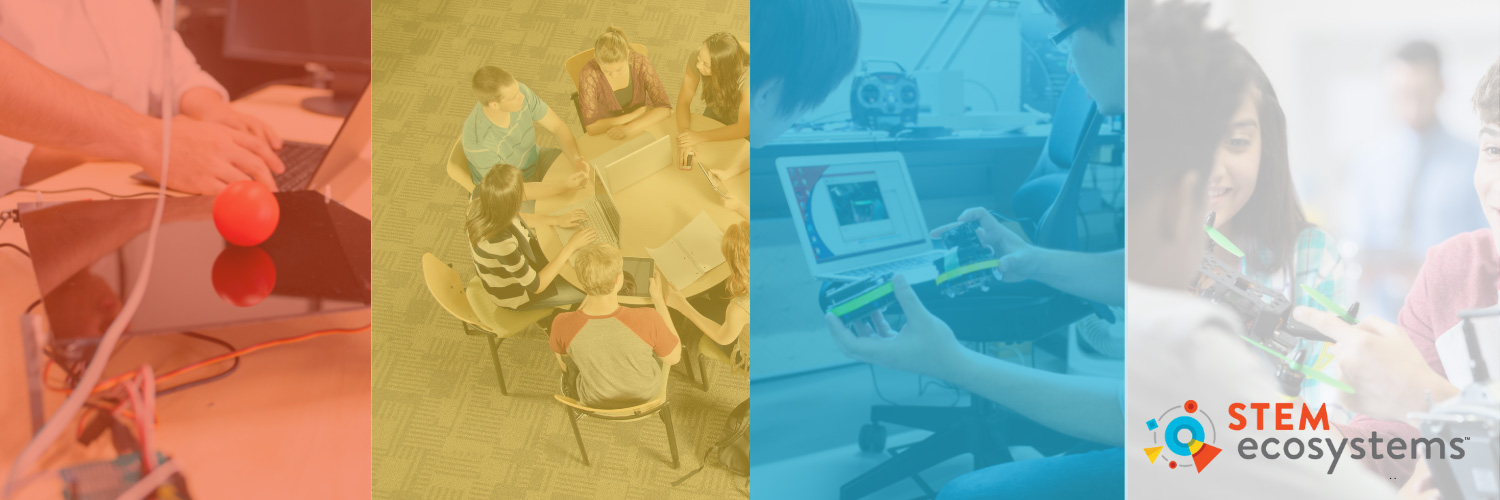WASHINGTON, D.C. – After months of collaboration involving dozens of partners, TIES is releasing a briefing book exploring the work of the nation’s STEM Ecosystems in an effort to elevate their consideration for funding as part of the $52 billion CHIPS and Science Act of 2022.
“The STEM Ecosystems Briefing Book: Collected Thoughts About Our Nation’s STEM Needs – An Exploration of How STEM Ecosystems Are Uniquely Positioned to Address Those Needs” concludes that STEM Ecosystems come in all shapes and sizes, but share one common denominator: they drive gains in STEM learning for all.
The STEM Ecosystems Briefing Book lays out a strong case for how STEM Ecosystems – in their varied forms – are true drivers and leaders for meaningful and measurable gains in STEM and critical forces for addressing the needs of our country’s workforce.
Join a webinar at 1 p.m. eastern standard time Friday, Oct. 28 to learn more about the briefing book and next steps in the effort to lift up the work of STEM Ecosystems in their various forms,
including HUBS, STEM alliances, the STEM Learning Ecosystems and many others. Register for the webinar here.
The CHIPS and Science Act provides unprecedented opportunity and funding, calling for the National Science Foundation to scale STEM education and innovation through a select few entities, notably including STEM ecosystems.
The STEM Ecosystems Briefing Book details how STEM ecosystems can and are addressing our nation’s greatest STEM needs, including improved racial, gender and technological equity and access in STEM education, creating stronger STEM career pipelines in communities, eliminating barriers to early childhood STEM education, and leveraging STEM to improve lives and communities.
Key Takeaways and Recommendations:
- STEM must be more accessible to those who have been traditionally underserved and underrepresented in STEM professions.
- Students must be able to feel that they “belong” in STEM.
- Communities must harness their collective strength and resources to provide meaningful, inclusive, and engaging STEM opportunities for all.
- Communities and its student-serving organizations can learn from one another and leverage what has worked elsewhere.
- STEM Ecosystems and their proven strengths with driving true gains in STEM and equity must be fully leveraged.


